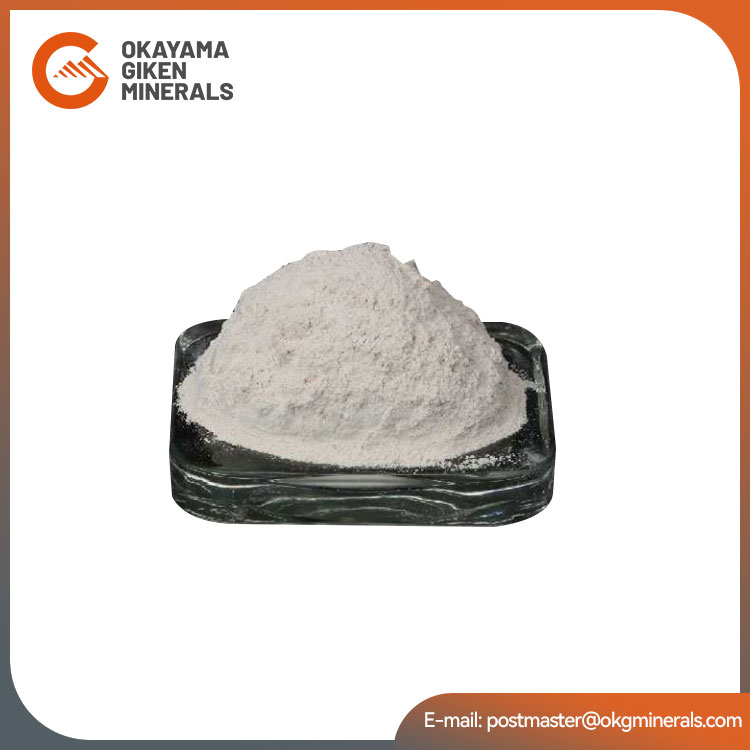
Magnesite, a naturally occurring mineral composed of magnesium carbonate (MgCO₃), is a versatile resource with applications spanning multiple industries. Its unique properties, such as high refractoriness, chemical inertness, and thermal stability, make it indispensable in various sectors. Below, we explore the industries that commonly use magnesite and the specific roles it plays in their operations.
1. Refractory Industry
The refractory industry is one of the largest consumers of magnesite. Its ability to withstand extremely high temperatures makes it an essential material for:
- Steelmaking: Magnesite is used to line furnaces, ladles, and converters, as it resists corrosion from molten steel and slag.
- Cement Kilns: Magnesite bricks and castables are employed in rotary kilns, where they endure harsh thermal and chemical environments.
- Glass Production: Refractories containing magnesite are used to line glass melting furnaces, ensuring durability and heat resistance.

2. Chemical Industry
Magnesite serves as a raw material for producing magnesium-based chemicals, including:
- Magnesium Oxide (MgO): Used in fertilizers, water treatment, and as a flame retardant.
- Magnesium Sulfate: Commonly employed in agriculture to improve soil quality and as an ingredient in medical applications like Epsom salts.
- Magnesium Hydroxide: Utilized as an antacid and a component in fireproofing materials.
3. Construction Industry
In construction, magnesite plays a role as a binding material in flooring and wall panels. Magnesia-based cements, derived from magnesite, are used for:
- Eco-Friendly Building Materials: Offering lower carbon footprints compared to traditional Portland cement.
- Specialized Flooring Applications: Providing durability and resistance to wear in industrial and commercial settings.
4. Environmental Applications
Magnesite contributes to sustainable practices in various ways, including:
- Carbon Capture and Storage (CCS): Magnesite’s ability to bind carbon dioxide makes it a promising material for sequestration technologies aimed at reducing greenhouse gas emissions.
- Neutralizing Agents: Used to treat acidic waste streams and stabilize heavy metals in contaminated soils.
5. Agriculture
Magnesite and its derivatives are vital in agriculture as:
- Soil Amendments: Magnesium-enriched fertilizers enhance soil fertility and plant health.
- Animal Feed Supplements: Magnesium supplements derived from magnesite improve livestock health and productivity.
6. Healthcare and Pharmaceuticals
Magnesite is processed into magnesium compounds used in:
- Medical Formulations: Magnesium hydroxide and magnesium sulfate are key ingredients in antacids, laxatives, and supplements.
- Cosmetics: Incorporated in skincare products for its soothing and pH-regulating properties.
7. Industrial Manufacturing
Magnesite is used in several manufacturing processes, including:
- Rubber and Plastics: As a filler and flame retardant.
- Ceramics and Glass: Improving the thermal and mechanical properties of final products.
- Paper and Pulp: Acting as a bleaching agent and pH buffer.
8. Energy and Metallurgy
- Thermal Energy Storage: Magnesite-based materials are being explored for use in storing thermal energy in renewable energy systems.
- Metal Extraction: Magnesite is used as a flux to remove impurities during the extraction of metals like nickel and copper.
OKAYAMA GIKEN (Minerals) Co., Ltd. is a leading manufacturer of high-quality Light Burned Magnesia, proudly produced in China. Our products are celebrated for their superior purity and consistent performance, making them ideal for various industrial applications.Welcome to import quality products from our factory here.Visit our website at www.okgmineral.com to learn more about our products. For inquiries, you can reach us at postmaster@okgminerals.com.